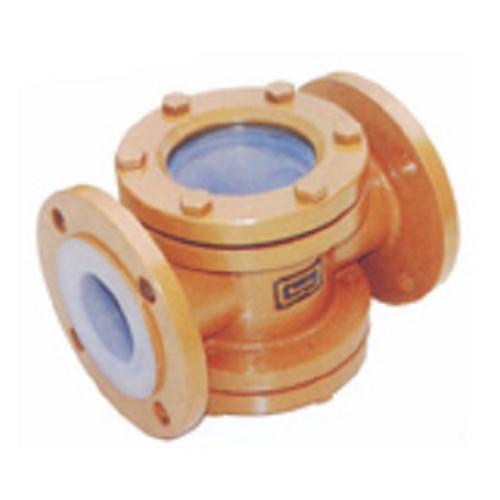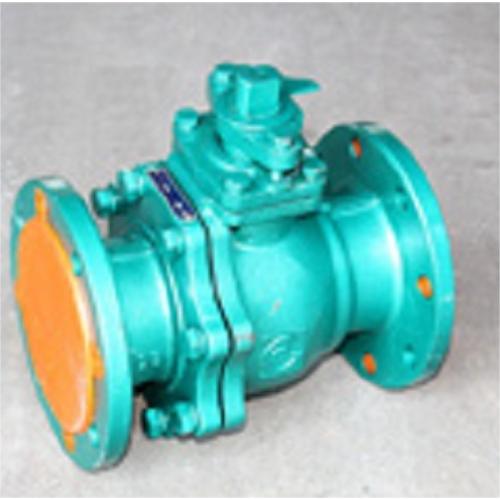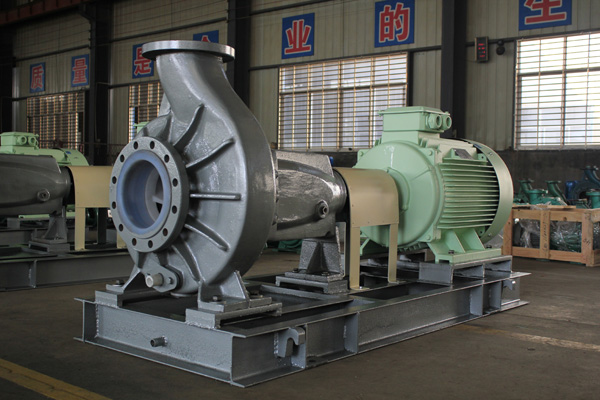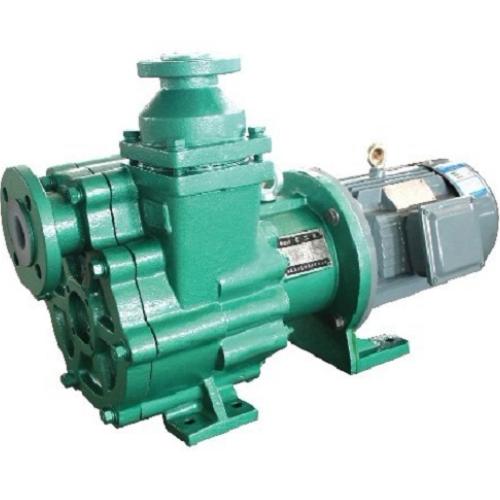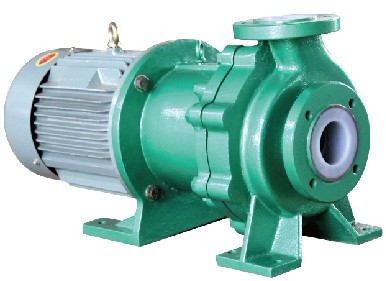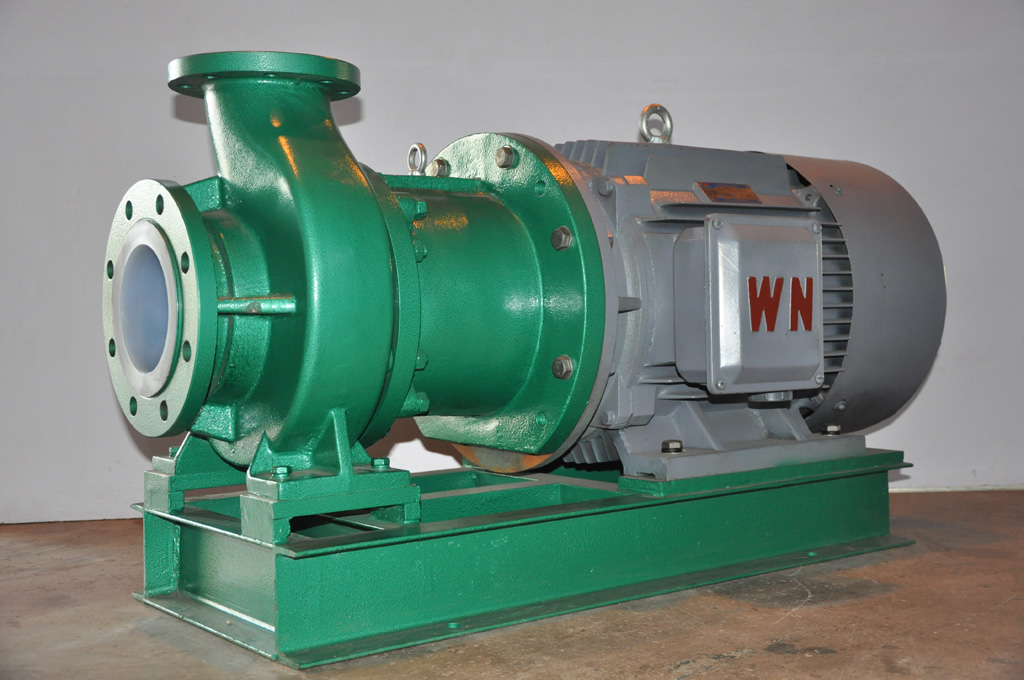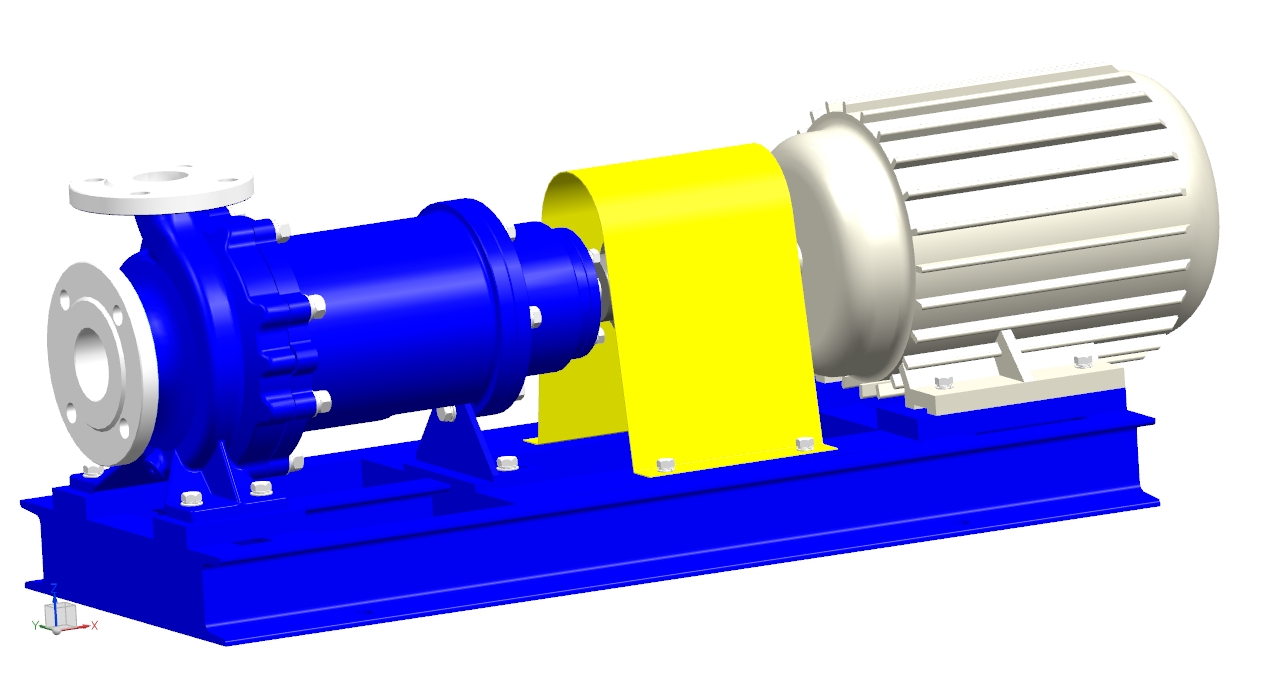Revolutionizing Fluid Movement: The Centrifugal Pump's Diverse Applications
2024-01-10In the realm of fluid dynamics, the centrifugal pump stands as a marvel of engineering, propelling liquids to new heights, literally and metaphorically. This versatile piece of machinery has become an indispensable tool in countless industries, showcasing its ability to adapt and perform in various settings. Today, we delve into the myriad uses of the centrifugal pump and how it continues to be a cornerstone in the efficient management of liquid resources.
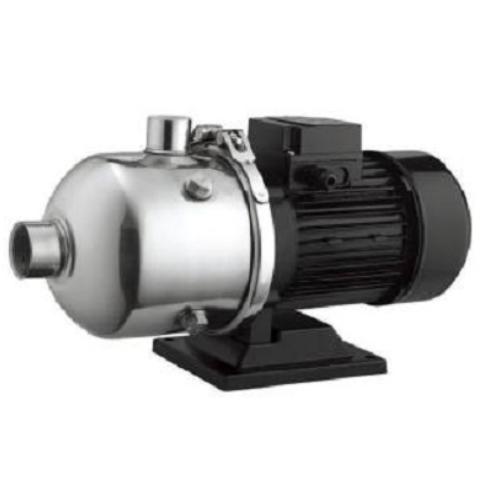
At its core, the centrifugal pump operates on a simple principle: it converts rotational energy, typically from an electric motor or engine, into energy in a moving fluid. A rotating impeller imparts the energy to the fluid, directing it to the pump's discharge point, often against a high pressure. This mechanism is not only effective but also remarkably efficient, making it a preferred choice in many applications.
What is centrifugal pump used for?
One of the most common uses of centrifugal pumps is in the water supply sector. Municipalities rely on these pumps for large-scale water distribution, ensuring that homes, businesses, and fire hydrants receive a steady and reliable water supply. The pumps' capacity to handle significant volumes of water at relatively low pressures makes them ideal for this purpose.
Agriculture, another industry heavily dependent on water, also benefits from the application of centrifugal pumps. They are employed in irrigation systems to transport water from wells, lakes, or reservoirs to agricultural fields, enabling farmers to cultivate crops in areas that would otherwise be arid.
In the industrial sphere, centrifugal pumps play a critical role in the petrochemical industry. They are used to move various fluids, including water, oils, and chemical solutions, through vast networks of pipes and vessels. The chemical processing industry, in particular, values the centrifugal pump for its ability to handle corrosive materials, thanks to specialized materials and coatings that can withstand harsh substances.
The heating, ventilation, and air conditioning (HVAC) systems that keep our environments comfortable also depend on centrifugal pumps. These pumps circulate hot and cold water throughout cooling towers and boilers, facilitating efficient temperature control in residential, commercial, and industrial buildings.
Moreover, centrifugal pumps have found their way into the medical field, specifically in dialysis machines, where they gently circulate blood through filters to remove waste products from patients with kidney failure. The precise control and gentle handling of sensitive fluids are paramount in such medical applications.
In the realm of wastewater management, centrifugal pumps are tasked with moving sewage and treated effluent. They are designed to handle solid particles suspended in the water, ensuring that waste is effectively transported to treatment facilities and ultimately returned to the environment in a safe condition.
The food and beverage industry also harnesses the power of centrifugal pumps to transfer various liquids, including water, milk, beer, and juices. These pumps are favored for their hygienic design, which allows for easy cleaning and maintenance, a crucial factor in an industry where sanitation is of utmost importance.
The applications of centrifugal pumps are not limited to these industries; they are also integral in shipbuilding, mining, and even power generation. In every application, the centrifugal pump is tailored to meet specific demands, whether it be handling high temperatures, abrasive fluids, or delivering fluids at high pressure.
As technology advances, the centrifugal pump continues to evolve. Innovations in materials science, fluid dynamics, and energy efficiency are paving the way for even more applications and improvements in performance. The future may bring centrifugal pumps that are more compact, energy-efficient, and capable of handling even more challenging tasks.
In conclusion, the centrifugal pump's role in modern society cannot be overstated. From delivering clean water to our faucets to ensuring the smooth operation of industries, these pumps are the unsung heroes in the background, making modern life possible. As we continue to push the boundaries of what these pumps can do, their story is far from over, promising a future where they will be even more integrated into the fabric of our daily lives.

